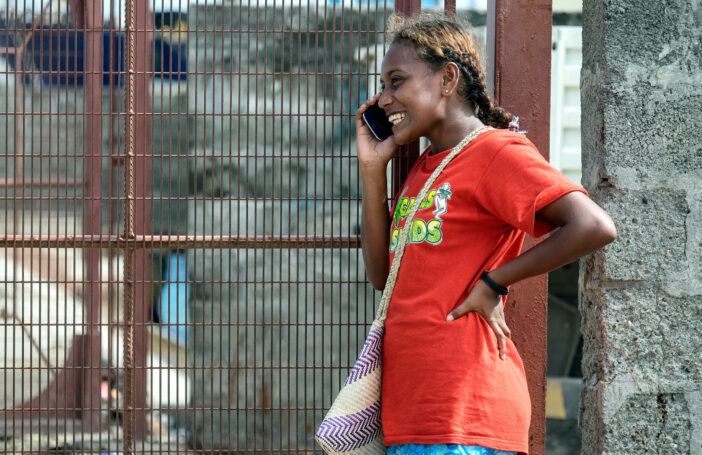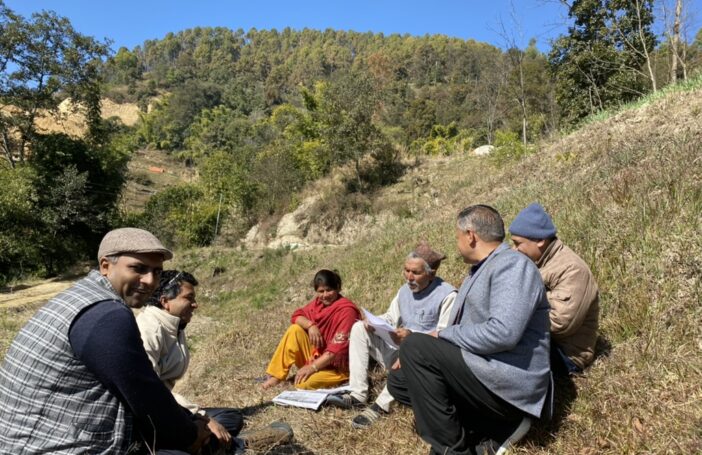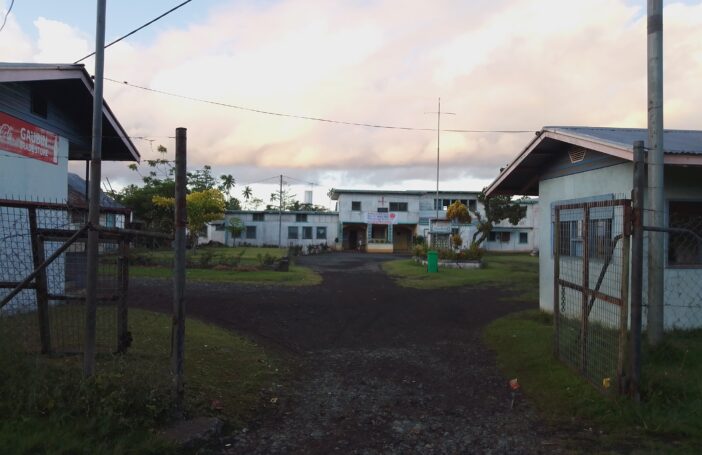TED talks are a popular forum for sharing ideas on a plethora of topics. But what impact might they actually have? A new analysis [gated; ungated pre-print excerpt here] of TED talks focused on international development finds that they are good for disseminating ideas, but are unlikely to spark social change. The article forms part of a special issue of Communication Theory on communication for development (C4D) and social change.
Increasing access to telecommunications and the Internet is often lauded as a way of supporting development, whether through e-banking, enhancing access to education, or linking health workers with patients. This Guardian photo essay, which illustrates what is actually involved in bringing mobile coverage to a remote area of the DRC, shows that (like so many aspects of development) increasing connectivity is often much easier said than done.
‘Does it pay for US-based NGOs to go to war?‘ This article in the journal Development and Change tests the possibility that NGOs might pragmatically decide to locate operations in conflict zones, on the logic that doing so will result in enhanced funding opportunities. Somewhat surprisingly, it doesn’t appear that engaging where the US has active military operations (Iraq and Afghanistan, in this retrospective study) offers a financial dividend to US-based NGOs, whether from official US sources or private donations [ungated working paper pdf here].
Development agencies, NGOs and academics spend much of their time producing data, analyses, and tools with the intention that they will be used by policymakers in developing countries. But are they? A new report [pdf] on AidData presents findings from a survey of nearly 7,000 developing country leaders to find out what factors make them more or less responsive to external assessments of governance and policy analysis in their countries.
Recent research from the World Bank tested the use of cash lotteries to incentivise HIV risk reduction in Lesotho. Using a randomised controlled trial design, the researchers report a 21.4% reduction in HIV incidence in the intervention group. Even better, those participants who were classified as ‘risk-loving’ responded more strongly to the intervention than the ‘risk-averse’. But though the study offers some intriguing psychological insights, it’s difficult to see how such an intervention might be taken to scale — and whether the effects would still hold if it was.
In last week’s weekend links, we highlighted the volatile political situation in Burundi. Over the last 48 hours, a number of developments have unfolded, including a possible coup d’etat. On Wednesday, Burundi’s chief of army, Godefroid Niyombare, announced he was dismissing President Nkurunziza (who was attending a meeting in Tanzania). Whether this amounted to a coup attempt, or whether a coup actually took place, remains unclear.
In other developments in sub-Saharan Africa, there are accounts of intensifying fighting in the world’s youngest state, South Sudan. Ahead of a briefing on the situation to the Security Council, the UN Mission in South Sudan (UNMISS) this week reported that some 119,000 internally displaced persons have sought protection.
Yet amid the clearly escalating need, South Sudan has just passed the NGOs Bill, which (among other provisions) limits the number of foreigners that aid agencies will be permitted to employ: 20% of total staff. This may be viewed as an improvement from the (swiftly reversed) directive issued last September, which sought to ban all foreign aid workers — but the new bill still raises serious concerns about the capacity of aid agencies in country to deliver vital relief in conflict-afflicted areas.





Thanks for including our TED paper, Camilla, much appreciated! I also feature core findings and more info in a recent blog post (http://aidnography.blogspot.com/2015/05/TED-talks-international-development-research-denskus-esser-communication-theory.html) and if anybody has difficulty accessing the paper-just get in contact through Twitter (@aidnography) or email! Tobias